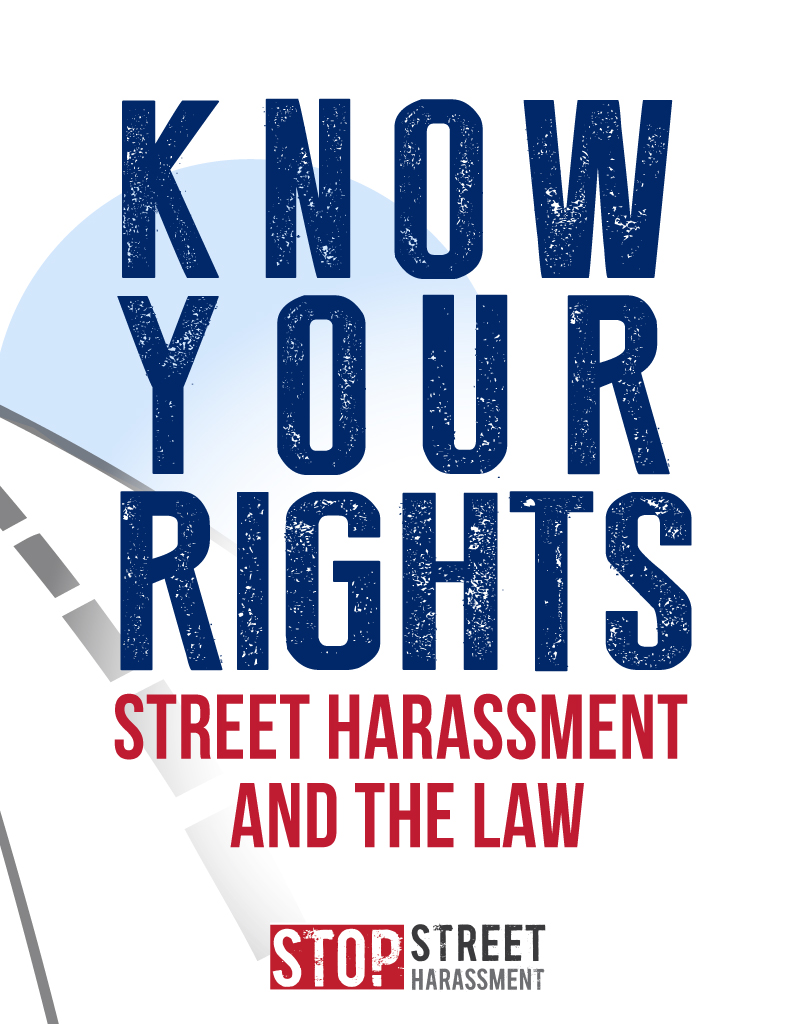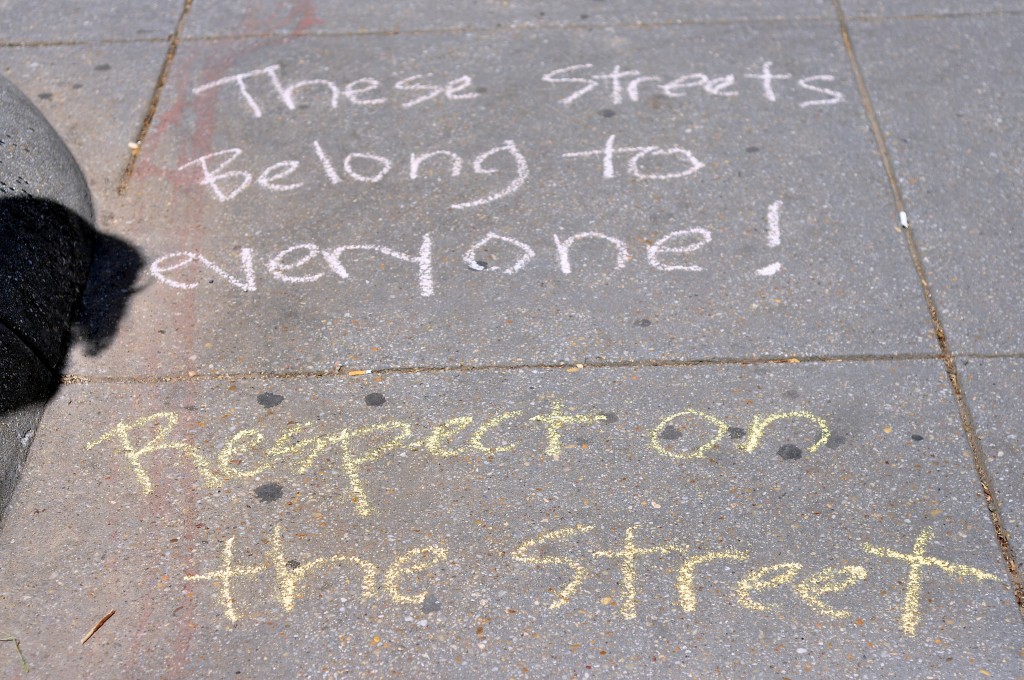 After years of dealing with leering, whistling, honking, catcalls, and sexually explicit comments at the hands of unknown men in public spaces, as well as being followed and even grabbed, I wrote my master’s thesis on gender-based street harassment in 2007 at The George Washington University. Since then, I have devoted thousands of hours to researching, documenting, and addressing the issue.
After years of dealing with leering, whistling, honking, catcalls, and sexually explicit comments at the hands of unknown men in public spaces, as well as being followed and even grabbed, I wrote my master’s thesis on gender-based street harassment in 2007 at The George Washington University. Since then, I have devoted thousands of hours to researching, documenting, and addressing the issue.
Why Address Street Harassment?
For far too long, street harassment has been seen as “the way things are,” a compliment, or the fault of the harassed person. That needs to change. In reality, street harassment is about an abuse of power. It’s about which people feel entitled to public spaces. It’s often about disrespect. Street harassment has real consequences for harassed persons, often on a sub-conscious level.
- Frequent or severe street harassment can limit harassed person’s access to public spaces by making them feel too unsafe to go certain places or to go to various locations at certain times of the day or night.
- People report changing hobbies and habits, altering routes and routines, avoiding certain bus stops or stores, missing out on night events, and even moving or changing jobs because of street harassers.
Because of the negative and often severe impacts it has, street harassment is a human rights violation. That is why we released this toolkit on Human Rights Day, December 10, 2013.
Ending Street Harassment
 I believe that ending street harassment requires a multi-pronged approach, including education, awareness campaigns, examining its intersection with other social justice issues, and engaging the legal system.
I believe that ending street harassment requires a multi-pronged approach, including education, awareness campaigns, examining its intersection with other social justice issues, and engaging the legal system.
While laws will never be THE answer—and in some cases they can be problematic when they are applied disproportionally to low-income people and persons of color—they are important. They can influence societal attitudes about what is and is not okay and create consequences to deter harassment. Also, as many harassers are repeat offenders, reporting incidents may prevent future crimes.
The intent of this toolkit is to equip people with the knowledge they need to stand up for their rights to safe public spaces and to report harassers, if they choose to do so. Another purpose is to allow people to see what laws exist in their state, which ones address street harassment well, and to advocate for stronger laws as relevant.
I hope you will find the information useful. And please don’t hesitate to reach out if you have ideas or recommendations for improving the toolkit or if you find additional information we should include.
In Solidarity,
Holly Kearl, Stop Street Harassment Founder and Executive Director
December 10, 2013
